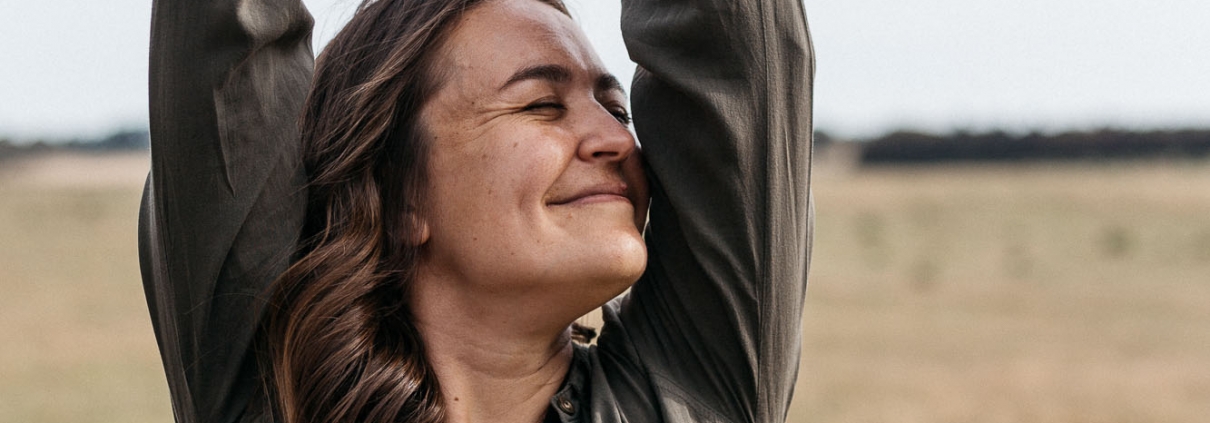Are you holding out for a eureka moment?
Over two millennia ago, Archimedes decided to take a bath. If he hadn’t, we might not be able to figure out the volume of a weirdly-shaped object today.
At least, that’s what the storytellers want you to think.
We wouldn’t have the concept of a eureka moment if Archimedes hadn’t run naked through the streets yelling ‘Eureka!’ (that’s Greek for “I’ve found it!”, FYI).
And if history is anything to go by, a eureka moment is essential if you’re looking for a breakthrough on a particularly tricky puzzle.
A falling apple led Isaac Newton to the theory of gravity. A train journey introduced JK Rowling to Harry Potter. A nature walk guided Nikola Tesla to alternating currents. And a treat-yo’self bath gave Archimedes the Theory of Displacement.
So what is a eureka moment?
The eureka effect is a phenomenon that records an unexpected breakthrough in a problem-solving task.
Aka lightbulb moment, a-ha moment, epiphany… You get it.
It seems to come out of nowhere, usually when the recipient of the breakthrough is undertaking some common task, like having a bath or taking a walk.
We all dream of having a eureka moment. A lightning-bolt realisation that helps extricate us from a sticky point in our business. It could be the details of a new service, the functionality of a new product, the automation of a buyer’s journey, or even just a new marketing campaign.
For me, it’s usually the flash of inspiration that comes when thinking up a memorable vision statement or defining a particular brand voice.
Eureka moments are tantalising. They’re romantic. And they’re problematic.
Don’t be fooled by eureka stories.
We want lightbulb moments to be a shortcut to our problem-solving. Eureka stories simplify a process that started well before the epiphany and then overlook the hard work of refining the details afterwards.
They condense decades of learning and uplevelling into a romanticised tale that convinces us all that our life’s work will come together after just one stroke of brilliance.
In reality, these a-ha insights occur after months, years, or even decades of latent wondering. Of your mind working in the background as you actively strengthen your skills and knowledge.
And the eureka moment is rarely a fix-all. You’re faced with yet more months or years refining, experimenting, and proving your newfound insight.
According to one source, there were 21 years between Newton’s encounter with a falling apple and the publication of his book on gravity.
Genius takes time.
But there are two things we can learn from eureka moments.
1. Stories stick.
Supposedly, King Hieron II of Syracuse in Sicily enlisted Archimedes to prove whether a crown was made of pure gold or whether the goldsmith had cheated the king, mixed the gold with silver, and kept the excess gold for his own profits.
The king instructed the famous mathematician and physicist to determine the crown’s purity without damaging the crown in any way.
The story doesn’t describe what Archimedes did during those few days of investigation but I can imagine it involved lots of scribbling, a few absent-minded gazes into the void, and a fair amount of head-banging against a wall.
For respite, after several days without any headway, Archimedes decided to take a break and have a bath #selfcare.
He placed one foot in the bath and noticed the water spilling over the sides of the tub. The Archimedes Principle of Displacement came to him in an instant, a verifiable way to prove the crown’s density and thus its purity.
The man was so overcome with excitement for his discovery that he sprinted naked through the streets to inform the king and was heard to shout ‘Eureka!’.
See what’s at play here? The power of storytelling.
Archimede’s story? It’s now largely thought to be fictional, embellished by a Roman writer called Vitruvius some 200 years after the supposed event took place.
But the story has all the makings of a keeper: It involves a king and a thief. A golden crown. Even a nude streak through the streets of Syracuse. It’s memorable. And it helps us connect the dots.
Bathtub, buoyancy, Archimedes.
Apple, gravity, Newton.
Can you apply powerful storytelling to your brand story or products to elicit the same associations?
2. Taking a bath might pay off.
Notice a pattern with these uh-huh moments? It’s when scientists take time out. It’s when they’re not even TRYING to solve their problem.
There’s a name for this latent thinking time. Psychologists call it a period of incubation, where “ideas begin to come together below the threshold of the conscious mind”.
For me, going for long beach walks is a natural part of the copywriting process. At best, I can come up with whole taglines, vision statements, or eye-catching headlines on my stroll. At worst, I return to my work with fresh eyes and often make previously unforeseen connections that bring it all together.
So maybe it’s time to switch off, have a bath, take a wander in an orchard… You’ll never know what might spark your next big idea.
Need help in the process? I might be able to assist! My 1:1 copy coaching services puts two brains to the task of copywriting. Together we can uncover your brand voice and messaging, device your content strategy, and work on website pages and blog posts to call in and convert more dream people to your brand.



Leave a Reply
Want to join the discussion?Feel free to contribute!